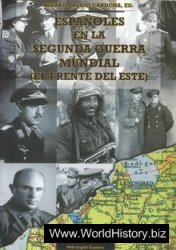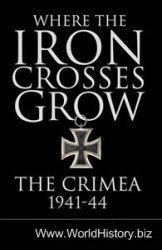To counteract conflict among the three major groups—Chinese, Malays, and Indians—the government has actively promoted diversity of language as a central and indispensable support for ethnic group continuity. Malay (Bahasa Melayu) is the official language of Malaysia and is spoken in all areas of the country. The ethnic Chinese speak the Cantonese, Hakka, Hokkien, Mandarin, or Min dialect. Tamil is spoken by the Indians.
Government-run primary schools provide language instruction in Malay, Mandarin, Tamil, Telegu, and Panjabi. For the majority of school children, Malay is the medium of instruction. English is taught as a functional second language in all schools, and other languages for which there is a demand are optional. By the late twentieth century most Malaysians below the age of thirty were bi - or trilingual. Newspapers in at least six languages are available, and on one of the two government-run national television stations news broadcasts are in four languages and entertainment programs are in at least six.
Many Malaysians are fatalistic: They believe that successes, failures, opportunities, and misfortunes result from fate or the will of God. Although Islam is the official religion of Malaysia, the constitution guarantees freedom of worship, which must be interpreted in a narrow sense. For example, marriage between Muslims and non-Muslims is against the law, and all school children, whether in public or private school, must study Islam as part of the curriculum.
These restrictions, as well as others, create ongoing conflicts with the Chinese on the peninsula, who are chiefly Buddhists, with some Taoists and Confucianists, and with the Indian population, which is generally Hindu. In Sabah about 38 percent of the population is Muslim, 17 percent Christian, and the rest followers of indigenous beliefs. The majority of the population in Sarawak is Chinese, 24 percent of whom are Buddhists and Confucianists. The rest of the population consists of Muslims (20 percent) and Christians (16 percent).
To most Malaysians a person's ancestral background is very important to social status and future opportunities. Thus, although the people of Malaysia are proud of their country and usually quite loyal to the Malaysian state, they generally identify first with their ethnic group, island, region, or religion. This creates tension between the Malays (called Bumiputra) and Chinese over preferential quotas designed to improve the economic status of the Malays. The Chinese believe these policies make them second-class citizens, while the majority of Malays believe the policies are the only way Malays can overcome the traditional Chinese dominance in business.
In 1969 the "Principles of Nationhood" were introduced as part of a national philosophy of unity regardless of race or religion. They included belief in God, loyalty to king and country, the supremacy of the constitution, the rule of law, mutual respect, and good social behavior.




 World History
World History









